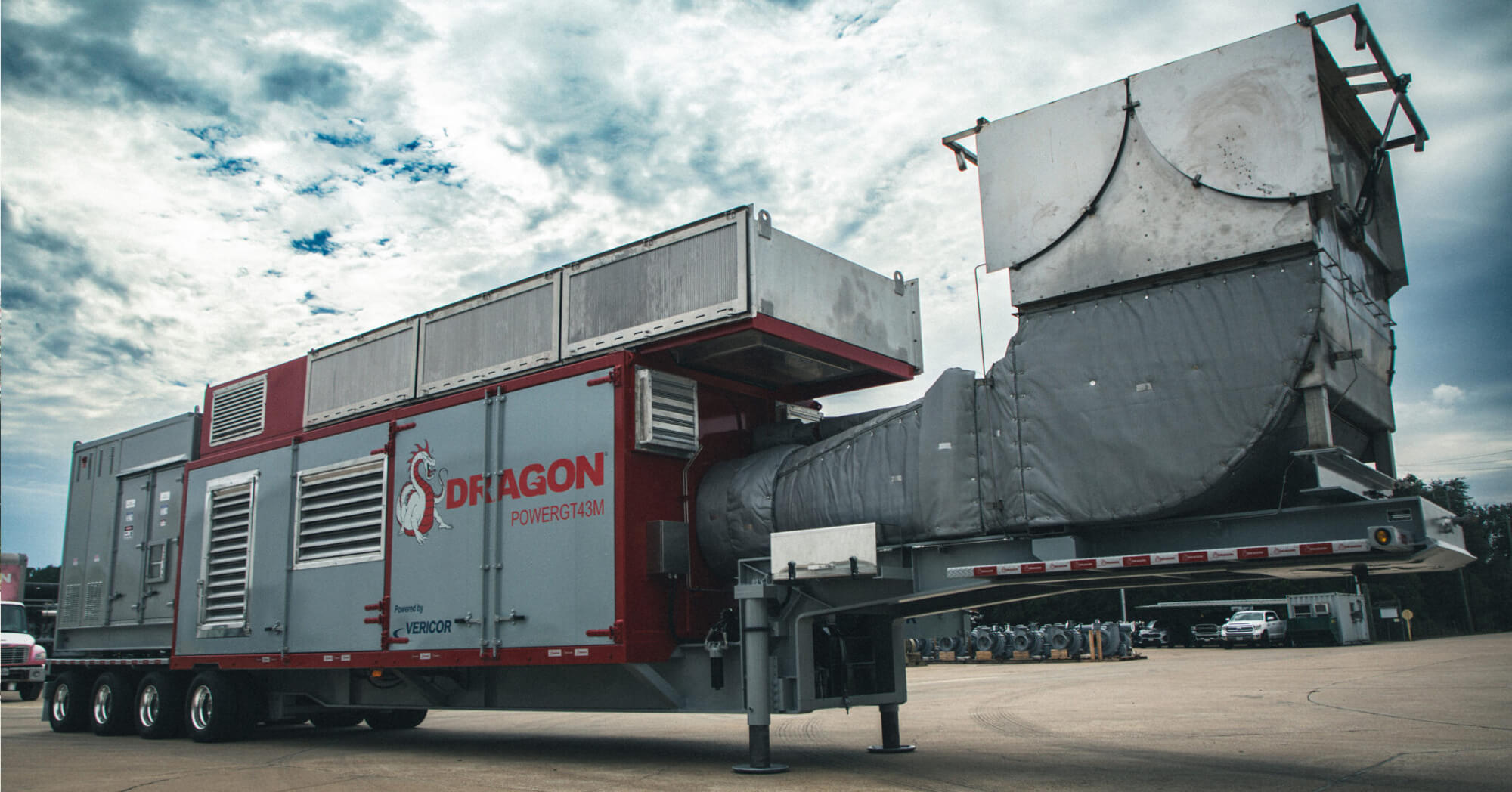
24 Jun Industrial Generator Maintenance Guide
If you're in the construction, mining, oil & gas, or manufacturing business, you already know that downtime is expensive. When your site loses power, everything grinds to a halt, deadlines get pushed, and costs start to add up fast–that's why reliable generator maintenance is essential for keeping your operations running smoothly.

At Dragon Products, we understand how critical it is to keep your industrial generators, especially those powering electric fracking operations or other heavy-duty applications, performing at their best. Whether you're running mobile units on a remote jobsite or managing a fleet of commercial generators across multiple locations, regular upkeep is the key to maximizing efficiency, reliability, and safety.
If your business depends on dependable, high-demand power equipment, you're in the right place. Let's break down what it takes to keep your generators running strong so you can focus on getting the job done.
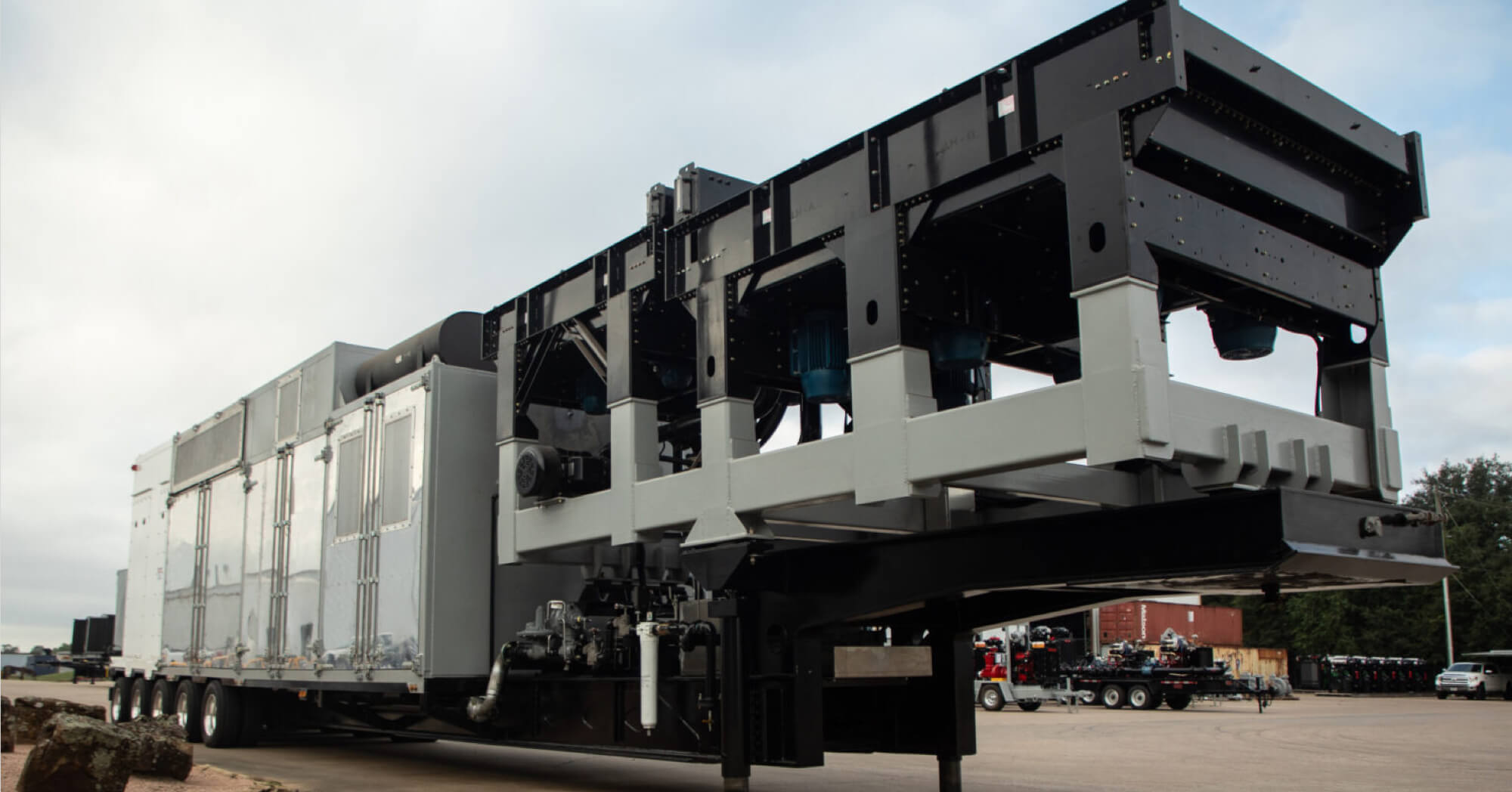
Understanding Your Generator Set: The Backbone of Reliable Power
Before we jump into the nuts and bolts of generator maintenance, it's worth taking a closer look at defining a generator set—aka a "genset." A generator set is the complete package: an engine, an alternator, and all the necessary controls, cooling, and fuel systems bundled together to provide reliable backup or primary power wherever you need it most.
For companies in construction, oil & gas, or mining, these industrial generator sets are the backbone of your operations. If just one component fails, the whole system can go down, putting projects, personnel, and profits at risk.
That's why understanding the core components of your genset is the first step in effective generator set maintenance. Here are a few essentials you should know:
- Engine: Powers the generator and often requires the most frequent checks (oil, coolant, belts).
- Alternator: Converts mechanical energy into electricity—dust, dirt, and moisture can seriously impact performance.
- Control Panel: The "brain" of your system, tracking output, alerts, and overall operation.
- Fuel System: Clean, stable fuel keeps everything running; contamination is a common culprit in generator issues.
- Cooling & Exhaust Systems: Overheating and poor ventilation can lead to costly shutdowns if not monitored.
- Battery & Electrical Components: Reliable starts and smooth operation depend on healthy electrical systems.
The Essentials of Generator Maintenance
You wouldn't skip an oil change on your work truck, and the same logic applies to your power equipment. Generator maintenance is all about catching small issues before they turn into big, expensive problems because out in the field, even a short interruption can spell disaster for a job's timeline and budget.
Routine Maintenance: The Foundation of Reliability
Industrial generator maintenance boils down to a consistent, well-documented routine: Regular inspections, fluid and filter changes, load testing, and keeping a close eye on all the wear-and-tear items. Neglecting these basics is like rolling the dice with your uptime, and that's not a risk most operations can afford.
Regular generator set maintenance involves:
- Visual Inspections: Look for leaks, corrosion, or anything out of the ordinary.
- Oil & Filter Changes: Like any engine, keeping oil and filters fresh is vital.
- Coolant Checks: Overheating is a leading cause of generator failure.
- Fuel System Upkeep: Water or debris in the fuel can sideline your equipment fast.
- Battery Tests: Weak batteries are the #1 cause of start-up failures.
- Load Testing: Verifies your generator can handle real-world demand.
- Control Panel Review: Double-check for any error codes, alerts, or abnormal readings.
What Happens If You Skip Maintenance?
Ignoring generator maintenance can lead to the following:
- Unexpected breakdowns (always at the worst time)
- Decreased efficiency and higher fuel costs
- The shortened lifespan of your generator set
- Safety risks to your crew and the site
Commercial vs. Industrial Generator Maintenance: What's the Difference?
There's a world of difference between keeping the lights on at a small business and ensuring non-stop power at a remote oilfield or fracking site. That's where understanding the distinction between industrial and commercial generator maintenance pays off.
Scale and Stakes
Commercial generators might power an office building or a retail space. In contrast, industrial generator sets are built to handle much heavier loads—think entire job sites, drilling operations, or mining camps. With industrial generators, you're often running them for longer stretches, under harsher conditions, and with far more at stake if something goes sideways.
Industrial Maintenance Demands
- Frequency: Industrial generator maintenance usually happens more often simply because the equipment is pushed harder and longer.
- Regulations: There are often stricter safety, environmental, and reporting standards for industrial applications, especially in oil & gas or mining.
- Customization: Industrial sites need custom generator set maintenance schedules and solutions to fit their unique challenges (extreme weather, 24/7 runtime, remote locations).
- Expertise: The level of technical know-how required is higher. Industrial equipment is more complex, and the consequences of a misstep are much greater.
Why This Matters for Your Business
If you're running industrial mobile generators on a demanding site, following a standard commercial generator maintenance routine just won't cut it. You need a proactive, site-specific plan built around your equipment's workload, environment, and critical uptime needs.
Step-by-Step: Your Generator Set Maintenance Checklist
A reliable generator is only as good as the care you put into it. Whether you're overseeing a single genset or managing a fleet across multiple sites, sticking to a consistent generator set maintenance routine is the key to long-term, hassle-free performance.
Here's a field-tested checklist to help keep your industrial and commercial generators in top shape. For your convenience, you can download a copy of this Maintenance Checklist.
Daily Checks
- Inspect for Leaks or Damage: Walk around the unit and look for fuel, oil, or coolant leaks.
- Check Fluid Levels: Engine oil, coolant, and fuel levels should be in the safe zone.
- Monitor Gauges and Indicators: Scan the control panel for warning lights or abnormal readings.
- Battery Inspection: Make sure terminals are clean, connections are tight, and the battery has a strong charge.
Weekly Tasks
- Test the Generator Under Load: Run the generator with typical site loads to verify reliable output.
- Check Air Filters: Inspect and clean or replace if necessary—dust and debris are the enemy of efficiency.
- Inspect Belts and Hoses: Look for wear, cracks, or loose fittings.
Monthly Maintenance
- Change Oil and Filters (if applicable): Follow manufacturer's intervals, especially in demanding environments.
- Inspect Fuel System: Drain water separators, check for contamination, and clean filters.
- Review Safety Equipment: Test emergency shutoff switches and alarms.
Quarterly/Annual Maintenance
- Professional Inspection: Bring in a qualified technician for a thorough inspection and diagnostic tests.
- Load Bank Testing: Simulate real-world demand to ensure the generator performs under stress.
- Cooling System Service: Flush and replace coolant, clean radiators and fan blades.
- Comprehensive Electrical Check: Inspect wiring, terminals, and circuit breakers for signs of wear or overheating.
Tips From the Field
Here are a few proven tips from industry pros to help you get the most out of your generator set maintenance routine:
- Always document your maintenance activities—it helps with troubleshooting and regulatory compliance.
- Use only OEM or approved replacement parts to maintain reliability and warranty coverage.
- Schedule preventive maintenance before peak usage periods, not after problems arise.
Signs Your Generator Needs Service (And When To Call the Pros)
Even the most vigilant maintenance routine can't catch everything—sometimes, your generator will let you know it needs a little extra attention. Ignoring these warning signs can lead to serious headaches down the line, so it pays to know what to watch for and when it's time to call in expert help:
- Unusual Noises or Vibrations: Knocking, rattling, or grinding sounds can signal loose parts, bearing failures, or other mechanical issues.
- Excessive Smoke: Blue, white, or black smoke from the exhaust often means fuel, oil, or coolant problems.
- Slow or Failed Start-Up: Weak batteries, fuel issues, or electrical faults can make it hard to start your generator or leave it dead in the water.
- Inconsistent Power Output: Fluctuations, surges, or drops in voltage are a big red flag, especially in sensitive or high-demand applications.
- Frequent Alarms or Error Codes: Modern generator control panels are smart. Don't ignore their warnings!
- Visible Leaks or Pooled Fluids: Oil, coolant, or fuel under your generator is always a cause for concern.
When To Bring in the Experts
If you spot any of these issues, or if your generator fails a critical load test, it's time to call in trained technicians—especially for industrial generator maintenance. Trying to fix complex problems without the right know-how can make things worse, void warranties, or even create safety risks for your crew.
The Dragon Difference: Reliable Equipment, Expert Support
When you're running high-demand operations, you can't afford to gamble on second-rate power equipment. That's where Dragon Products comes in. Our industrial mobile generators, including the Power GT43M and the Dragon Power GR26M, are engineered for the toughest jobs out there: electric fracking, remote drilling, construction sites, you name it.
Here's what sets Dragon Products apart:
- Built for the Field: Our generators, like the Dragon 400KW, are made in America and handle the harshest environments, from blistering heat to mud and dust.
- Ready When You Are: With many models available for fast delivery, we help you avoid costly delays and keep your projects on track.
- Expert Service & Support: Our team offers technical guidance and genuine replacement parts to keep your equipment in peak condition.
- Custom Solutions: Got a unique site challenge? We'll work with you to design and build power systems that fit your needs.
Stay Powered Up With Dragon
From generator set maintenance checklists to professional troubleshooting, Dragon Products is your partner in performance. If you're looking to optimize uptime and get the most out of your power investment, check out our Power Equipment solutions or get in touch with our team for support.
Explore Dragon Power EquipmentDragon POWERGT43M Mobile Genset
Check out the Dragon POWERGT43M Mobile Genset Powered by Vericor. Ideal for microgrids, oil and gas drilling, E-Frac applications, and disaster relief.
Frequently Asked Questions About Generator Maintenance
Below, we've answered some common questions about generator maintenance. Please get in touch if you need additional information.
Can I handle generator maintenance myself, or should I hire a professional?
Some routine tasks, like basic visual checks and fluid level monitoring, can be handled in-house. However, for anything beyond the basics, especially diagnostics, repairs, or complex generator set maintenance, it's best to rely on certified technicians to keep your warranty and safety intact.
Why is generator set maintenance so important for operations like electric fracking?
In operations like electric fracking, where power demands are high and downtime is costly, reliable generator set maintenance is essential. Proper upkeep ensures peak efficiency, reduces unexpected breakdowns, and protects both your crew and your bottom line.
Where can I get support or parts for my Dragon Products generator?
You can contact Dragon Products directly for expert support, technical guidance, or to order genuine parts for your generator.
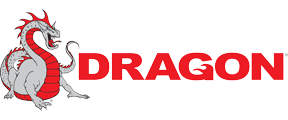

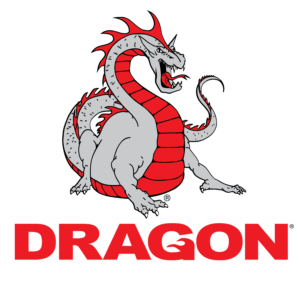

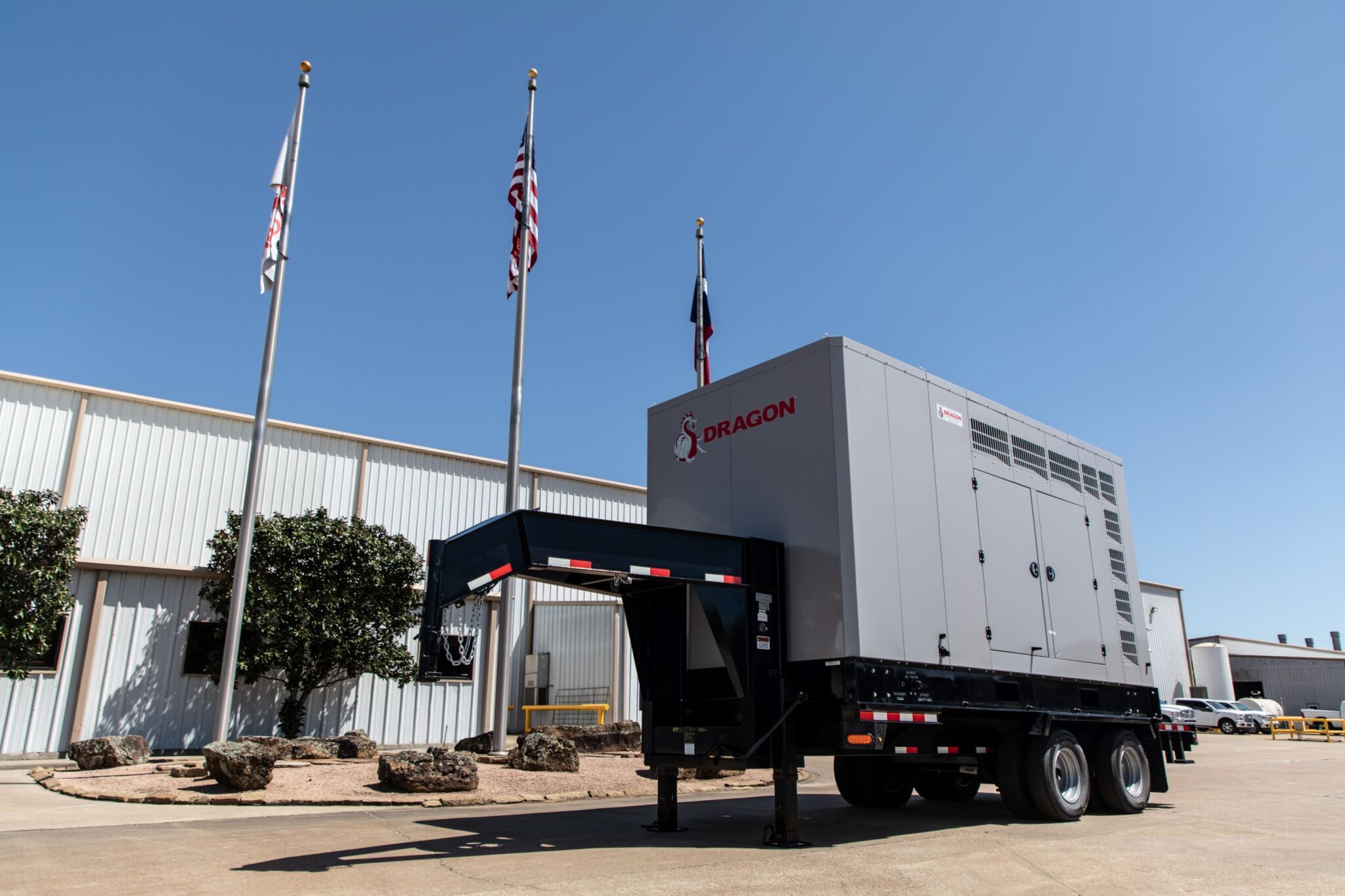
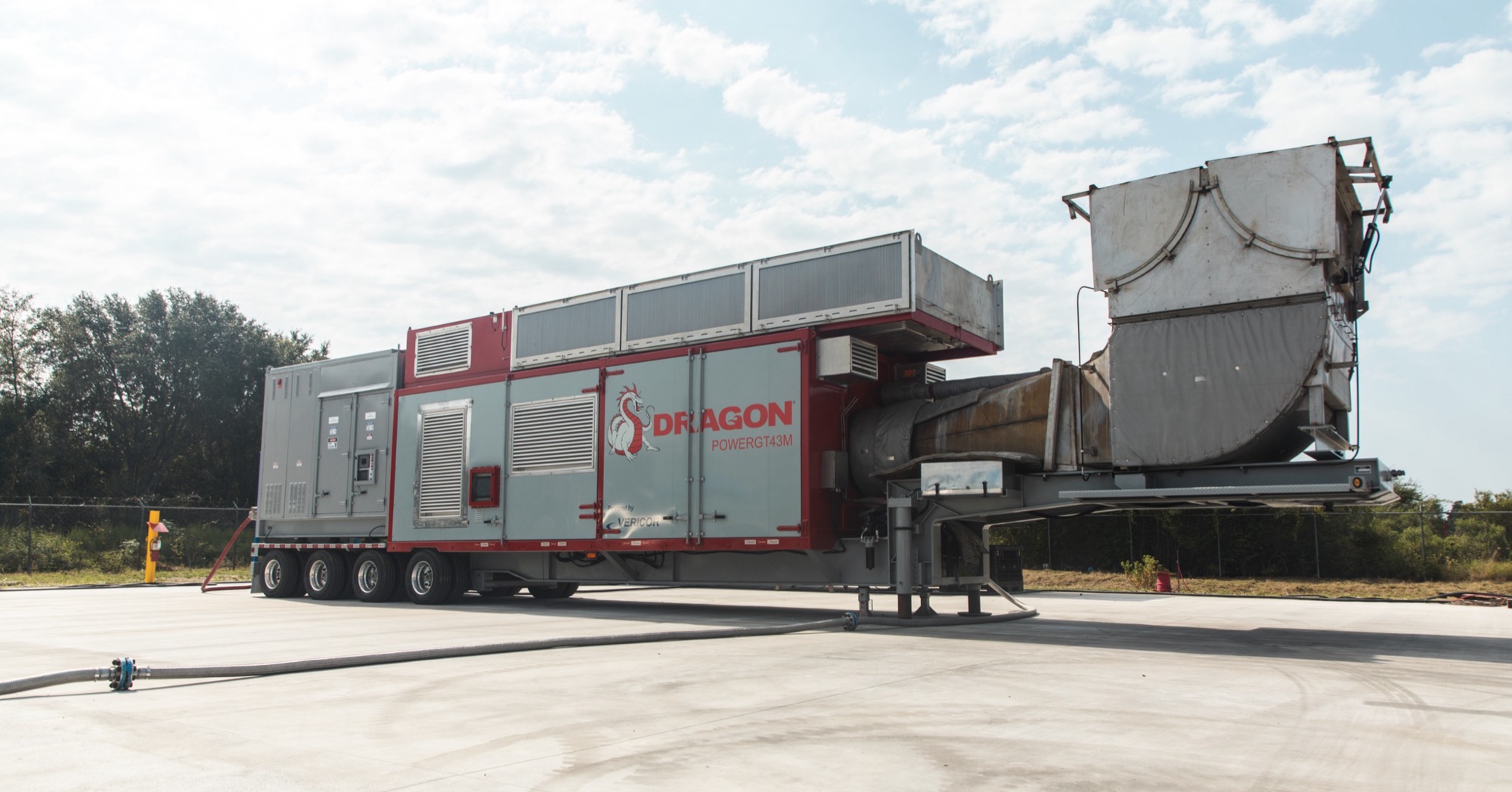
Sorry, the comment form is closed at this time.